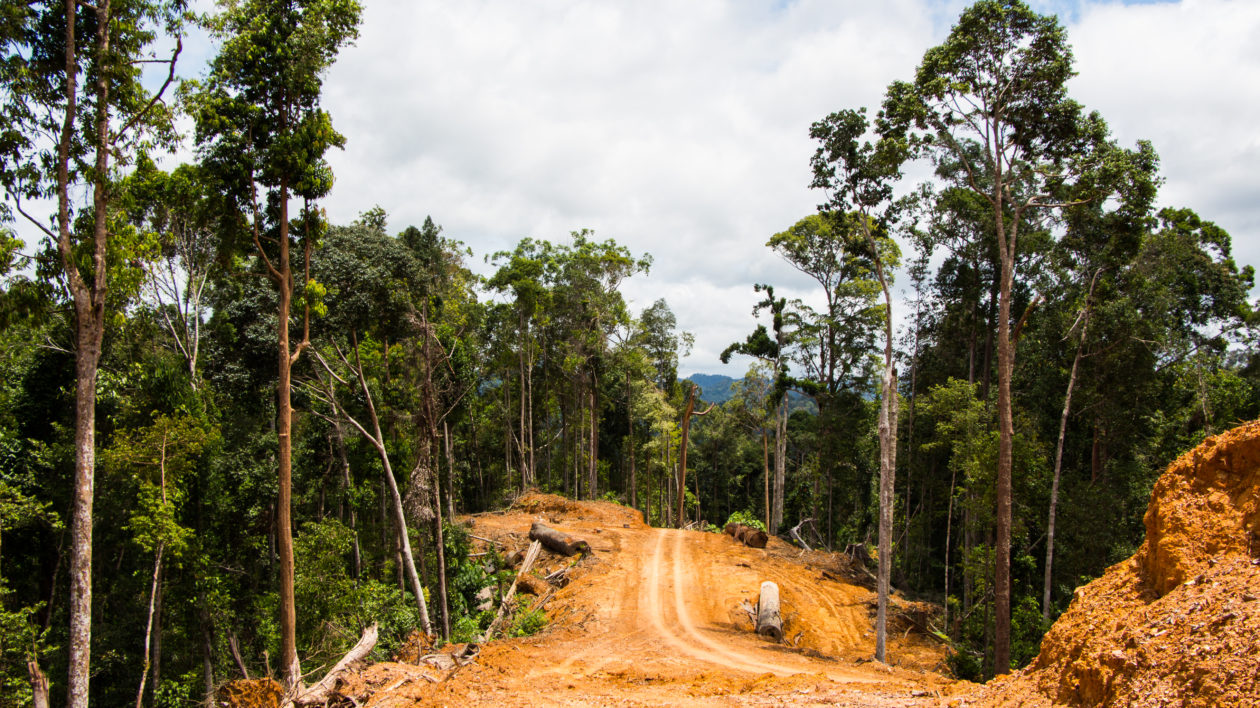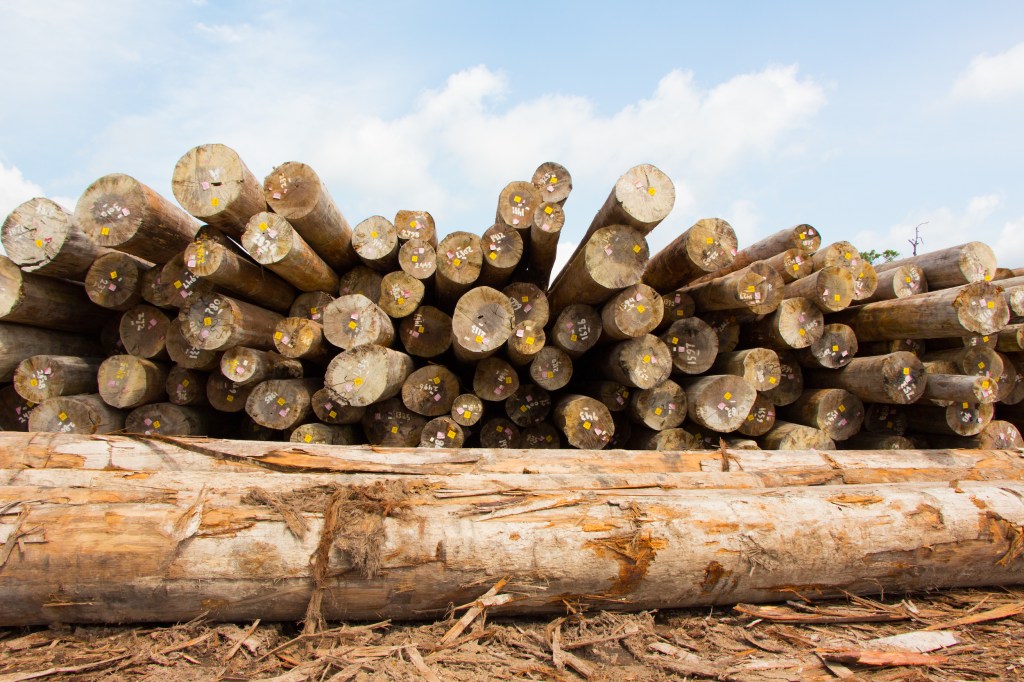Industrial-scale tropical deforestation is altering local climate as much as 100 years of global warming under a worst-case emissions scenario, according to new research from The Nature Conservancy and the University of Washington.
The Gist
In the first global study of its kind, researchers used high-resolution satellite data to quantify the local temperature changes in deforested patches of rainforest across the tropics. “By comparing these changes to the background climate variability, we found that the warming signal of deforestation stands out incredibly starkly above the ‘noise’ of tropical temperature variability,” says Lucas Vargas Zeppetello, a scientist at the University of Washington and lead author on the research.
The analysis showed that local warming is already greater than what scientists predicted for more than a century of climate change under a worst-case emissions scenario. The research, published in Environmental Research Letters, also found that the size of the deforested patch correlated to greater increases in local temperature.
“In places like the Amazon, we’re observing more than 10 degrees Celsius local warming — and even up to 15 degrees — in some of these giant patches of deforestation,” says Nicholas Wolff, a climate change scientist at The Nature Conservancy and contributor to the research. “That completely outpaces anything we were expecting. It’s centuries worth of warming, at worst-case scenario emissions, and it’s happening right now.”
The Big Picture
Deforestation in the tropics is often framed as a biodiversity problem: as forest area is lost, so too are species. Others advocate for forest conservation from a climate perspective, pointing to tropical forests’ role as a vast carbon sink that can help fight climate change.
Neither has moved the needle on forest conservation. Since 2000, more than 3.5 million square kilometers of global forest have been lost or degraded, with the majority of that deforestation happening in tropical rainforests. In 2019 alone, an estimated 10,000 square kilometers of rainforest were cleared in the Amazon, an increase of 34 percent from the previous year. The loss, says Wolff, is equivalent to clearing a patch of forest the size of Manhattan every other day for a year.
The reality is that deforestation and degradation are also a human problem: they are already causing immediate and dramatic local temperature increases in the tropics, and the people who live there are already suffering health and economic impacts as a result.

The Takeaway
Tropical deforestation is largely driven by agricultural expansion for cattle or crops, like oil palm. But without the cooling benefits of forests, many places in the tropics may soon become too hot for agriculture. “Industrial clear-cutting has the potential to warm these regions so much that they might not be usable for agriculture or pasture lands,” says Zeppetello.
At the very least, localized temperature increases caused by deforestation will be great enough to lower crop yields and worker productivity. Heat exposure will also put workers at risk of heat stress or heat illness, which can weaken the immune system and exacerbate chronic illnesses over time.
In a related study, scientists are trying to understand the physiological impacts of heat stress on rural workers’ cognitive performance, heat strain symptoms, and productivity.
“Understanding the magnitude of these impacts will help us inform policy about land use and public health priorities in the future,” says Zeppetello.




Deforestation is one of the worst thing humans do to our planet. deforestation decision makers need to educated or locked up and armed guards posted on all sides of a rainforest to prevent furtherdestruction.
Greed influences mans will to continue to make the wrong decision on deforestation and so many other things.
It may be the truest story of the year. It was a true warning, but… now we all suffer because of someone’s or a multiple of someone’s greed. Do you really think they’ll see the light until the Amazon has been cleared and they’re moving out ? Can’t you just hear them saying something like – “But no one ever said anything, I didn’t know …“. “No one ever told me…”. After all, he’s got his dough and his major (expensive) air conditioning at home, where he’ll (funny how a missing apostrophe changes that word) he’ll be comfortable, (“…and to hell with the rest of you,”)